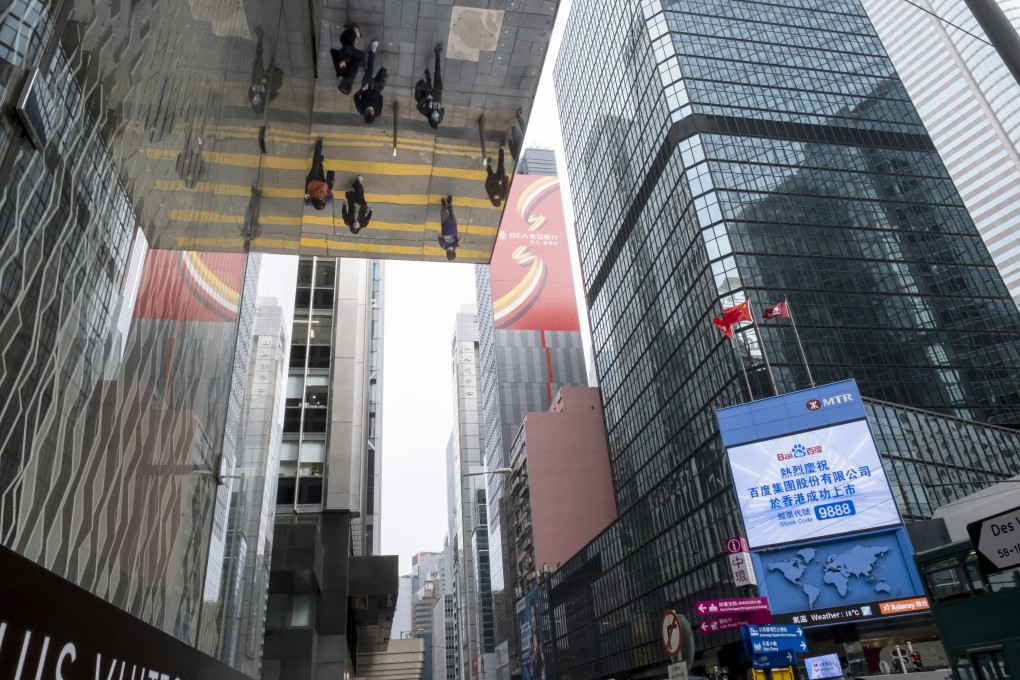Advertisement
Hong Kong stocks risk inertia as doubts impede Tencent, Alibaba price targets after US$310 billion surrender from peak
- Hang Seng Index has trailed the S&P 500 Index by 4.5 percentage points this year, 32 points over 12 months and 62 points over a five-year time frame
- Tencent is trading at 21 per cent below analysts’ price target, near a record gap, while the discount on Alibaba stock is also near a record 33 per cent gap
Reading Time:3 minutes
Why you can trust SCMP
2

Hong Kong’s stock market is fast losing its appeal as Chinese technology champions that helped power its rally are turning into a millstone around its neck, leaving their biggest fans financially bruised. Look no further than the fate of Alibaba Group Holding and Tencent Holdings.
The former, China’s e-commerce leader, was handed a record US$2.8 billion fine on Saturday after a months-long government antitrust investigation, a warning shot for industry rivals. At Tencent, its biggest shareholder Prosus spooked investors by selling a 2 per cent stake in the WeChat operator worth about US$15 billion, its second block-sale in three years at a discount to market price.
Both stocks have lost about 18 per cent of their market value, or the equivalent of US$310 billion, since February 17 when the Hang Seng Tech Index peaked, two weeks before the “two sessions” meetings, as big businesses pledged obedience to market rules amid tightening regulatory oversight.
“There may be a correction in tech stocks, and capital will continue to flow into traditional economy and value stocks,” said Stanley Chan, director of research at Emperor Securities. “This trend is still continuing. We won’t be able to see strong gains this quarter, like in the past, as heavyweight tech stocks will still drag on the market.”
Alibaba, the owner of this newspaper, and Tencent underline the market malaise. The Hang Seng Index has trailed the S&P 500 by 4.5 percentage points this year and 32 points over the past 12 months, according to Bloomberg data. Over a five-year time frame, the underperformance was even wider at 62 points.
Advertisement